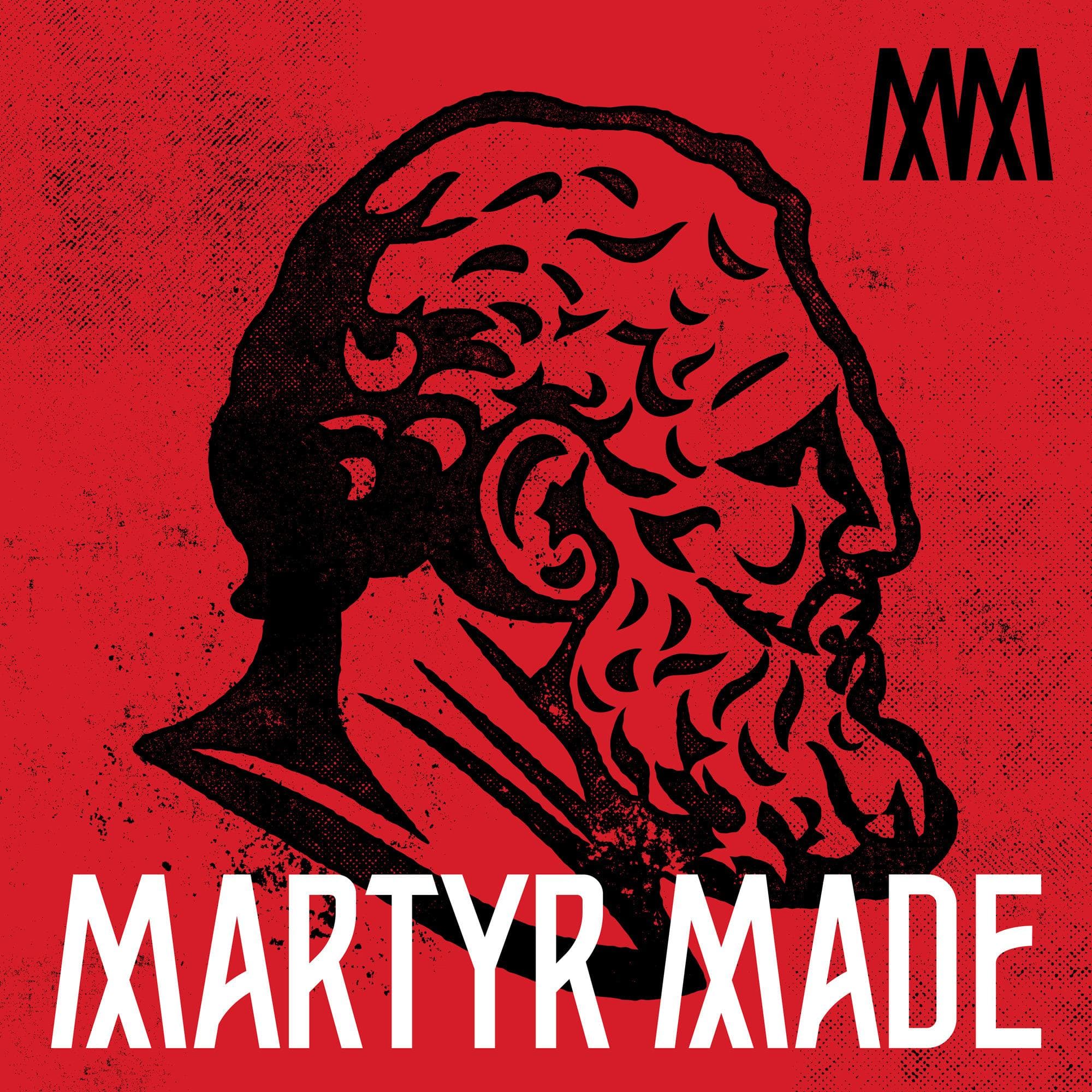
March 14, 2022 • 2hr 27min
Thoughts on Ukraine (Updated and Remastered)
The Martyr Made Podcast

Key Takeaways
- The responsibility for the current war in Ukraine falls on Vladimir Putin, but the U.S. bears significant responsibility for the new Cold War context in which the fighting is occurring
- NATO expansion eastward after the Cold War, despite promises not to do so, was seen as a major threat by Russia. Many prominent U.S. foreign policy experts warned against NATO expansion at the time.
- The U.S. has been involved in "color revolutions" and regime change efforts in many countries in Russia's sphere of influence over the past 20+ years, including Ukraine, Georgia, Kyrgyzstan and others
- The 2014 Maidan revolution in Ukraine had significant U.S. involvement and support, including funding from NGOs and visits from prominent U.S. politicians
- Far-right and neo-Nazi groups played a crucial role in the violence that led to the overthrow of Ukraine's government in 2014, though they were a minority of overall protesters
- The first act of the post-Maidan Ukrainian government was to ban Russian as an official language, alienating the Russian-speaking population in eastern Ukraine
- The Ukrainian government has been in conflict with separatist regions in eastern Ukraine since 2014, resulting in thousands of deaths before Russia's 2022 invasion
- While not justifying Russia's invasion, the U.S. and NATO have taken many provocative actions toward Russia over decades that have contributed to the current crisis
Introduction
In this episode of The Martyr Made podcast, host Darryl Cooper provides his perspective on the ongoing crisis in Ukraine and Russia's invasion. He argues that while Putin is responsible for the current violence, the United States bears significant responsibility for creating the conditions that led to this conflict through its actions since the end of the Cold War. Cooper aims to provide historical context and nuance to counter what he sees as an overly simplistic narrative being presented in Western media.
Topics Discussed
NATO Expansion and Broken Promises (50:11)
Cooper discusses how NATO expansion eastward after the Cold War, despite promises not to do so, was seen as a major threat by Russia:
- In 1990, U.S. Secretary of State James Baker promised Soviet leader Mikhail Gorbachev that NATO would not expand "one inch eastward" beyond Germany if Russia allowed German reunification
- This promise was echoed by other Western leaders at the time
- Despite this, NATO began expanding eastward in the late 1990s, eventually reaching Russia's borders
- "What is unclear here? Are we putting missiles next to the United States borders? No, it is the United States that has come to us with their missiles. They are already on our doorstep. 'Not one inch to the east,' they told us in the 90s. But of course they cheated." - Vladimir Putin
U.S. Involvement in "Color Revolutions" (1:24:16)
The podcast details U.S. involvement in regime change efforts in countries in Russia's sphere of influence:
- Serbia in 2000
- Georgia in 2003
- Ukraine in 2004 and 2014
- Kyrgyzstan in 2005
- Attempts in Belarus in 2006 and 2020
Cooper argues these efforts were part of a deliberate strategy to weaken Russia's influence in neighboring countries. He cites a 2019 RAND Corporation paper outlining strategies to "unbalance and overextend" Russia.
The 2014 Maidan Revolution in Ukraine (1:50:19)
Cooper provides details on U.S. involvement in the 2014 Maidan revolution that overthrew Ukraine's government:
- U.S. officials like Victoria Nuland and John McCain visited protesters to show support
- U.S.-funded NGOs provided significant financial and logistical support to keep protests going
- A leaked phone call between Nuland and the U.S. ambassador to Ukraine revealed them discussing who should be in the new Ukrainian government before the old one had fallen
- Far-right groups like Right Sector played a crucial role in the violence that led to the government's overthrow
- There are questions about who was responsible for sniper attacks that killed both protesters and police, escalating the situation
Post-Maidan Developments in Ukraine (2:12:21)
Cooper discusses events in Ukraine after the 2014 revolution:
- The first act of the new government was to ban Russian as an official language
- This alienated the Russian-speaking population in eastern Ukraine, leading to separatist movements
- The Ukrainian government began military operations against separatist regions, resulting in thousands of deaths over 8 years
- Russia annexed Crimea after a referendum, but declined to annex the Donbas region despite similar votes there
Putting Events in Perspective (2:16:22)
To help American listeners understand the situation, Cooper provides an analogy:
- Imagine if Russia had supported a violent overthrow of the U.S. government
- The new government's first act was to ban Spanish as an official language
- Hispanic-majority regions then declared independence
- The new U.S. government attacked these regions for 8 years, killing thousands
- Mexico finally intervened militarily to protect ethnic Mexicans
Cooper argues this scenario, while not justifying Russia's actions, provides important context for understanding Russia's perspective.
Conclusion
Cooper concludes by stating that while Putin is responsible for the current violence in Ukraine, the United States has not done everything it could to avoid this conflict. He argues that U.S. actions over decades have provoked and inflamed tensions with Russia.
The host expresses hope that the war ends as soon as possible and that Americans can take an honest look at how their own government's actions have contributed to the current crisis. He emphasizes that his goal is not to defend Putin or Russia, but to encourage a more nuanced understanding of the complex historical and geopolitical factors that have led to this point.